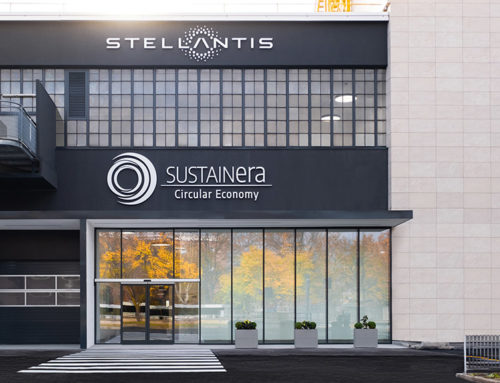The rise of plant based living is far more than just a dietary trend; it’s a transformative movement that champions personal well-being, environmental sustainability, and animal welfare. Explore the multifaceted reasons behind the surge in plant-based living, from its health benefits to its positive environmental impact and culinary innovations. The accessibility and affordability of plant-based options is making it easier and more enjoyable than ever to embrace a plant-based lifestyle.
One of the primary driving forces behind the surge in plant-based living is the mounting scientific evidence supporting its numerous health benefits. A plant based diet, rich in fruits, vegetables, whole grains, legumes, nuts, and seeds, offers a wealth of essential vitamins, minerals, and antioxidants while being naturally low in saturated fats and cholesterol. Research consistently indicates that adopting a plant-based lifestyle can significantly reduce the risk of chronic diseases such as heart disease, obesity, type 2 diabetes, and certain cancers. Beyond the prevention of diseases, many individuals report improved digestion, increased energy levels, and overall enhanced vitality as they transition to plant-based living.
Concern for the environment is another compelling reason for the shift towards plant-based living. Animal agriculture is a major contributor to greenhouse gas emissions, deforestation, water pollution, and the depletion of natural resources. By reducing or eliminating animal products from their diets, individuals can make a substantial positive impact on the environment. Plant based living conserves water, reduces land usage, and plays a pivotal role in preserving biodiversity. Choosing plant-based options is an environmentally conscious choice that aligns with a sustainable future for our planet.
Ethical considerations for animal welfare are a driving force behind the choice to embrace plant-based living. As awareness of the conditions in factory farming grows, more people are choosing plant-based alternatives as a way to express compassion towards animals. Transitioning to a plant-based lifestyle aligns with the belief that animals deserve to live free from unnecessary suffering. The plant-based alternatives available today offer delicious and nutritious substitutes for meat, dairy, and eggs without involving the exploitation of animals.

Plant based living has undergone a culinary revolution, dispelling the notion of limited food choices and lackluster flavors. The movement has inspired chefs and food companies to create an impressive array of plant-based options that cater to diverse palates. From plant-based meats that replicate the taste and texture of animal products to plant-based milk, cheese, and ice cream, there’s now a world of delectable choices. These innovations make transitioning to a plant-based lifestyle not only easy but also incredibly enjoyable.
In the past, adopting a plant-based lifestyle was often perceived as expensive and challenging to sustain. However, as the demand for plant-based products has surged, accessibility and affordability have followed suit. Supermarkets and grocery stores now stock a wide range of plant-based options, making it convenient for individuals to find and incorporate these products into their daily lives. Additionally, the rise of plant-based eating has led to the emergence of plant-based restaurants, food delivery services, and meal kits, catering to the growing demand and making plant-based living more accessible and convenient than ever before.
Plant-based living offers a path to personal well-being, environmental sustainability, and compassion towards animals. It’s a movement that has gained remarkable momentum, backed by scientific research, ethical considerations, and a culinary renaissance. With accessible and affordable options widely available, transitioning to a plant-based lifestyle has never been more appealing. Embracing plant-based living is a choice that offers a commitment to a healthier, more sustainable future for all things.






